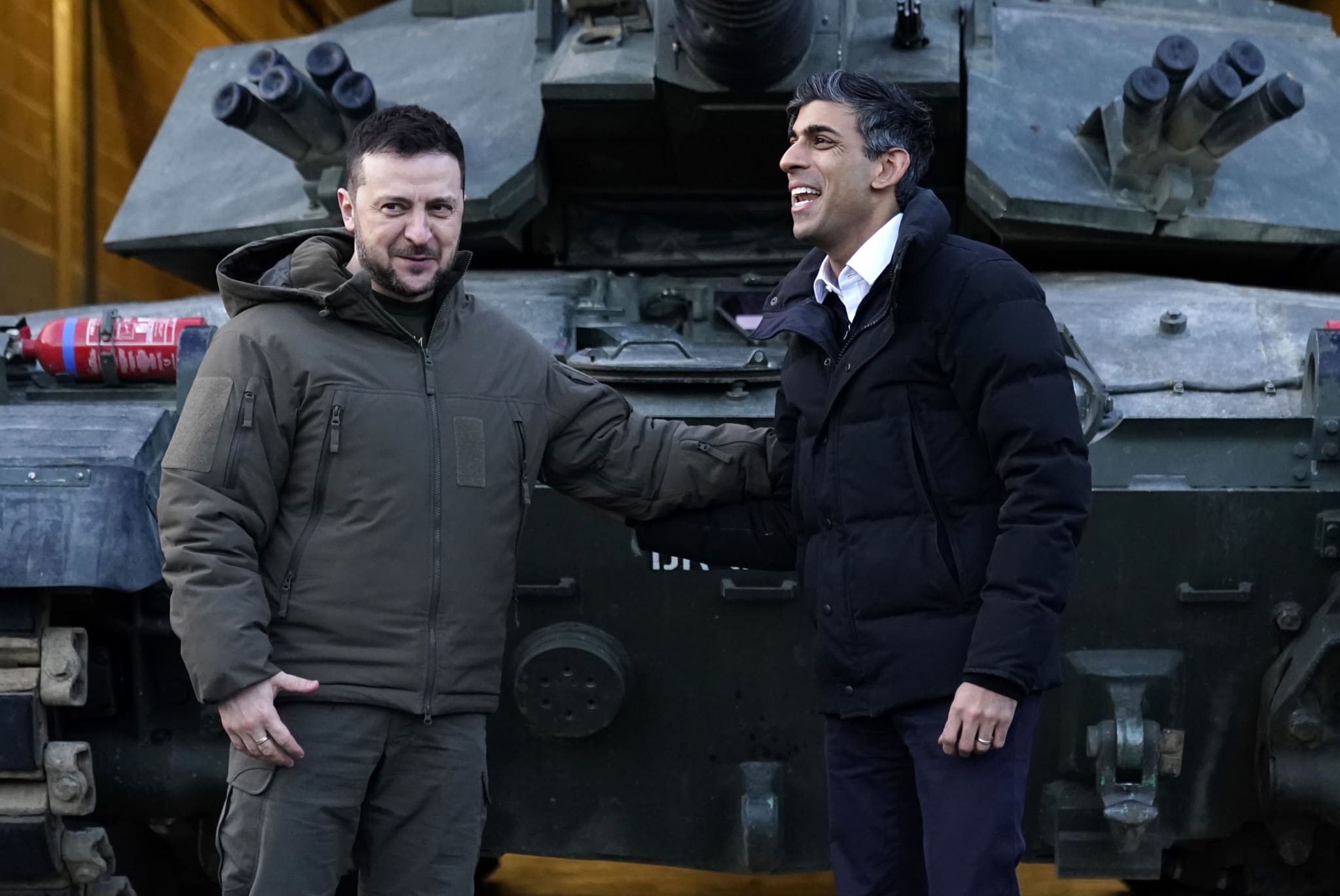War is a negative-sum game where everyone loses. No country has ever won a war because the “winning” countries usually pay roughly the same terrible price in material, human lives, and suffering as the losers. The Soviet Union, which is considered a victor of World War II, is a good case in point.
Although no one can yet say when and how the Ukraine war will end, it is worth considering how much it will cost, who will pay for it, and how.
If everyone loses in a negative-sum game, what, according to the cosmic laws of conservation of matter, energy, and information, is on the “other side” of destruction, disorder, and social entropy? Why is it that this mysterious “other side” — a kind of “black hole” into which everything “disappears” — is able to impose its strategy of destruction on the world, while everyone else loses?
First, at the most basic level, let us look at the simple operating costs of warfare. For both Ukraine and Russia, this amounts to 1 to 2 billion dollars a month. So even at the “operational level,” the war has already consumed resources on the order of tens of billions of dollars. But Including all the additional costs like destroyed infrastructure, opportunity costs, and lost human capital, this is closer to a hundred billion dollars.
Considering that Russia’s GDP before the war was about $1.5 trillion a year and Ukraine’s was about $300 billion, the military operation is an incredibly heavy burden on Russia. For Ukraine, it has already pushed the country beyond any existing limit, as Ukraine would have collapsed long ago without global financial support.
This also means that this is a global war, where the party that looks like Ukraine is in fact the global imperial power economy, and the other party that looks like Russia is increasingly the global grand coalition of the “non-West” in opposition to this Western world.
When and how the other fronts of this global war will open up remains to be seen, but the fact that the left-liberal media that dominates world opinion has already asked the question “Will Taiwan become China’s Ukraine?” is a clear indication of the possible directions in which the war will expand.
Coming back to the costs, even if the war were to end in roughly a year, which there is almost no hope of, the cost of reconstruction would still be at least $500 billion for Ukraine. Incidentally, this was the figure announced by Ukraine’s president at the World Economic Forum in Davos in May of last year. However, less than a month later, the Ukrainian foreign minister was already talking about $750 billion, and a joint IMF-World Bank study that is currently being prepared has mentioned $1.1 trillion.
Indeed, if we try to quantify the cost of all the possible socio-economic damage over the next decade, Ukraine, Russia, and Europe as a whole will have to face a “bill” on the order of thousands of billions of dollars each.
In the case of Russia, the most important question is also a spiritual, moral, and intellectual one. The Russian people have already proven on several occasions that spiritual identification with the millennial “Motherland” enables them to make sacrifices of incomprehensible dimensions. However, this current test of strength, which could cause Russia world-war-level losses if the war drags on for many years, is taking place in a world with a very different spiritual and symbolic structure.
The most dramatic “front line” of this new world war will perhaps be a question of whether the Russian people will be able to preserve the integrity of their spiritual, moral, and intellectual resources in a world sapped of spiritual intensity.
The same applies to Europe, especially to the rich Western half of Europe where these mental, moral, and spiritual energies are already in ruins. And among these symbolic ruins lies a generation that may face a brutal material deprivation despite the promise of a permanent expansion of the lavish, hedonistic lifestyle sold to them. If this collapses, the hysterical panic of Western man that results could trigger a permanent civil war.
That may be the real price of this war.






